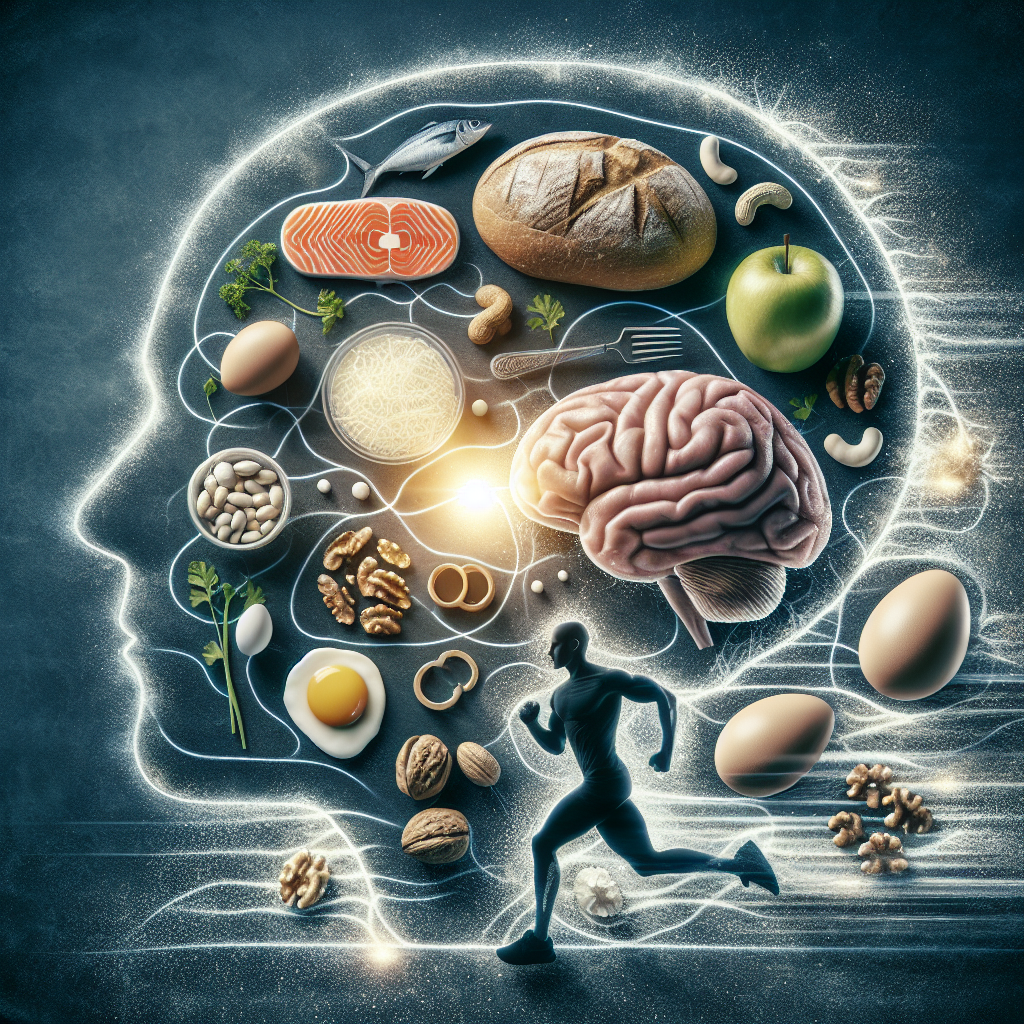
The Misconception of Weight Loss
In today’s society, weight loss has become synonymous with health and fitness. It’s the go-to metric for measuring progress and success in wellness journeys. Magazines, TV shows, and social media platforms are flooded with advice on how to shed those extra pounds and attain the coveted “ideal” body shape. However, the focus on weight loss alone often oversimplifies the complex relationship between body composition, health, and fitness.
What is Body Composition?
Body composition refers to the relative proportions of fat, muscle, bone, and other tissues that make up the human body. Unlike weight, which represents the total mass of an individual, body composition provides a more nuanced understanding of the distribution of different tissues within the body. It allows us to distinguish between fat mass and lean mass, providing valuable insights into overall health and fitness levels.
Why Body Composition Matters
Understanding body composition is essential for evaluating one’s health and fitness status accurately. While weight loss may occur through various means such as dieting or increased physical activity, the actual composition of the weight lost is often overlooked. For instance, rapid weight loss can result from a combination of fat loss, muscle loss, and fluid loss. Focusing solely on the number on the scale may obscure changes in body composition, potentially masking underlying health issues.
The Pitfalls of Focusing Solely on Weight Loss
The obsession with weight loss can lead individuals down a path fraught with pitfalls and setbacks. Crash diets, extreme exercise regimens, and restrictive eating patterns may yield short-term weight loss results but often fail to address long-term health and sustainability. Moreover, rapid weight loss can be detrimental to metabolic health, leading to muscle loss, decreased energy levels, and nutrient deficiencies.
Strategies for Improving Body Composition
a. Incorporating Strength Training: Strength training exercises such as weightlifting, resistance bands, and bodyweight exercises are instrumental in preserving and building lean muscle mass. Unlike cardiovascular exercises that primarily target calorie expenditure, strength training helps increase metabolic rate and improve body composition by promoting muscle growth and fat loss.
b. Prioritizing Protein Intake: Adequate protein consumption is essential for supporting muscle repair, recovery, and growth. Protein-rich foods such as lean meats, poultry, fish, eggs, dairy products, legumes, and nuts provide the building blocks necessary for maintaining lean muscle mass while promoting fat loss.
c. Monitoring Progress with Body Composition Analysis: Utilizing advanced techniques such as bioelectrical impedance analysis (BIA), dual-energy X-ray absorptiometry (DEXA), or air displacement plethysmography (ADP) can offer valuable insights into changes in body composition over time. These methods help track changes in fat mass, muscle mass, bone density, and overall body fat percentage, providing a more comprehensive assessment of health and fitness progress.
Embracing a Holistic Approach to Health and Fitness
In conclusion, shifting the focus from weight loss to improving body composition is paramount for achieving sustainable health and fitness goals. By adopting a holistic approach that prioritizes the preservation of lean muscle mass, reduction of excess body fat, and optimization of overall wellness, individuals can attain long-lasting results that extend beyond mere numbers on the scale.
At Phase Nutrition & Wellness, we recognize the importance of embracing a holistic approach to health and fitness. Our 1-1 nutrition and wellness services are tailored to address individual needs and goals, providing personalized guidance, support, and accountability throughout the journey to optimal health and vitality.
To learn more about how we can help you achieve your health and fitness aspirations, visit our services page: 1-1 Nutrition & Wellness Services.
With a commitment to promoting positive changes in body composition and overall well-being, we’re here to support you every step of the way on your path to a healthier, happier you.


